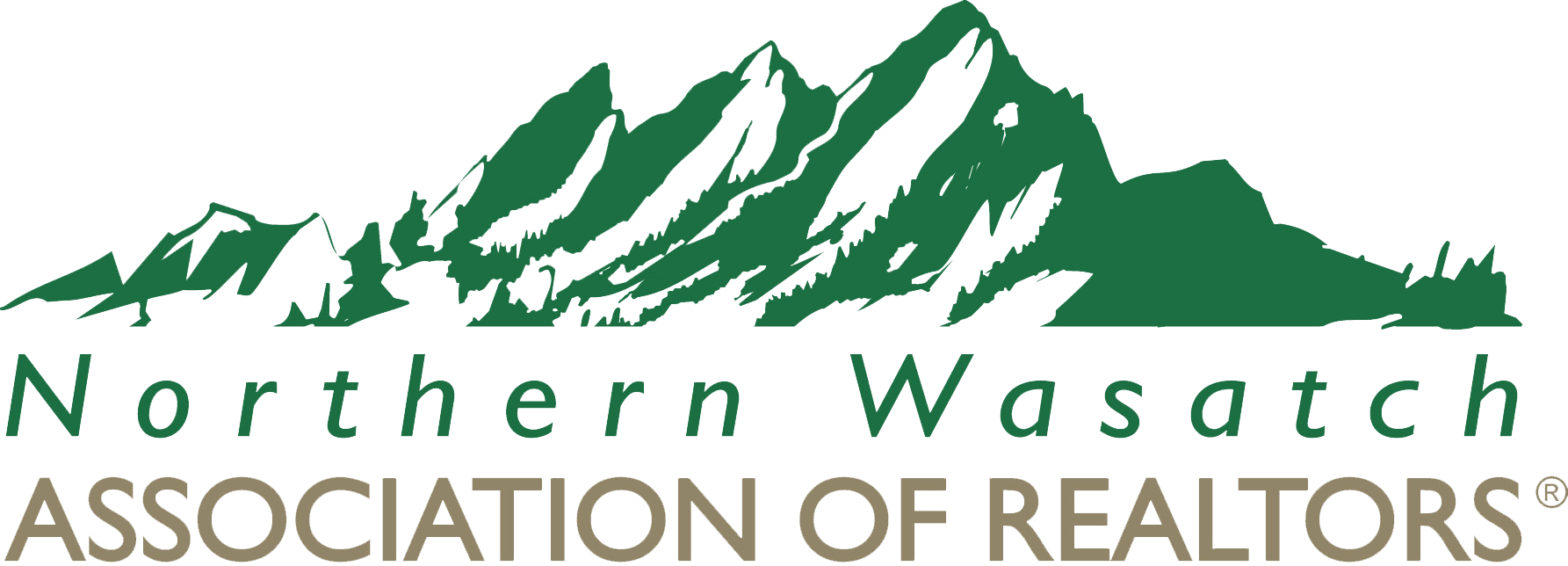Earlier this month, the Centers for Disease Control and Prevention issued a moratorium on evictions until the end of the year to help prevent the spread of COVID-19. The order applies to all rental properties, except abandoned and vacant, and prevents eviction should someone be unable to make their rent payment in certain circumstances.
Whether you’re a landlord or a renter, it’s important to understand what’s covered in the order, what steps must be taken and what assistance programs are available if you need financial help.
For Renters
If you are facing financial hardship and unable to make your rent payments, it’s important that you take certain steps to avoid eviction. To avoid eviction for non-payment, the CDC requires that you sign and submit a CDC declaration to your landlord. The form is available on the CDC website and requires that you have taken the following steps:
- You have tried to obtain all available government assistance for rent or housing.
- You expect to earn no more than $99,000 (individual) or $198,000 (joint) in 2020, were not required to report income in 2019, or received an Economic Impact Payment (a stimulus check) from the CARES Act.
- You are unable to pay the full rent because of a substantial loss in income or extraordinary out-of-pocket medical expenses.
- You are using your best effort to make partial payments.
- An eviction would render you homeless or force you into close housing quarters or shared living settings due to no other housing options.
Even though you cannot be evicted for non-payment until the expiration of the order (provided you have taken the necessary steps), it’s important to understand that the moratorium is not rent forgiveness. You are still required to make payments and follow the terms of your lease. Rent that accrues during the moratorium period will not be forgiven, and landlords may charge penalties, late fees and interest according to the lease.
Because renters must still meet their obligations to their housing provider, it’s important to take advantage of the housing assistance that is currently available.
If you are unable to make rent payments because of COVID-19, Utah is offering a rent assistance program using the state’s funding from the CARES Act. Those who qualify can receive up to $2,000 a month to pay rent and utilities. Previously, rent assistance was only available to those not receiving unemployment benefits. It is now also available to those receiving unemployment benefits.
To qualify for assistance, you cannot make more than the local area median income, and you must have experienced a financial hardship because of COVID-19.
If you are unable to pay your rent because of COVID-19, call 2-1-1 to be connected to your local nonprofit agency administering the program. Or visit jobs.utah.gov to find your local agency.
In Weber County, the Ogden Weber Community Action Partnership (801-399-9281 x998) administers the program. In Davis and Morgan counties, it is through Open Doors (801-771-4642).
For Landlords
It’s important for landlords to understand that the CDC order does not apply to all evictions, only those based on non-payment, provided that the tenant submits a declaration form. Landlords may still evict tenants based on criminal activity, health/safety threats, property damage, violations of codes/ordinances and failure to meet other contractual obligations.
While the federal government currently does not have a housing relief program to help landlords, the state of Utah does. The Utah Legislature recently changed its program so landlords can apply for housing assistance on behalf of their tenants.
Rentals are just one aspect of the housing market impacted by COVID-19. For more information on how the pandemic has affected housing trends and opportunities in your area, contact a Northern Wasatch Realtor. A directory of local Realtors is available at NWAOR.com.
President’s Message
Shauna Ray

